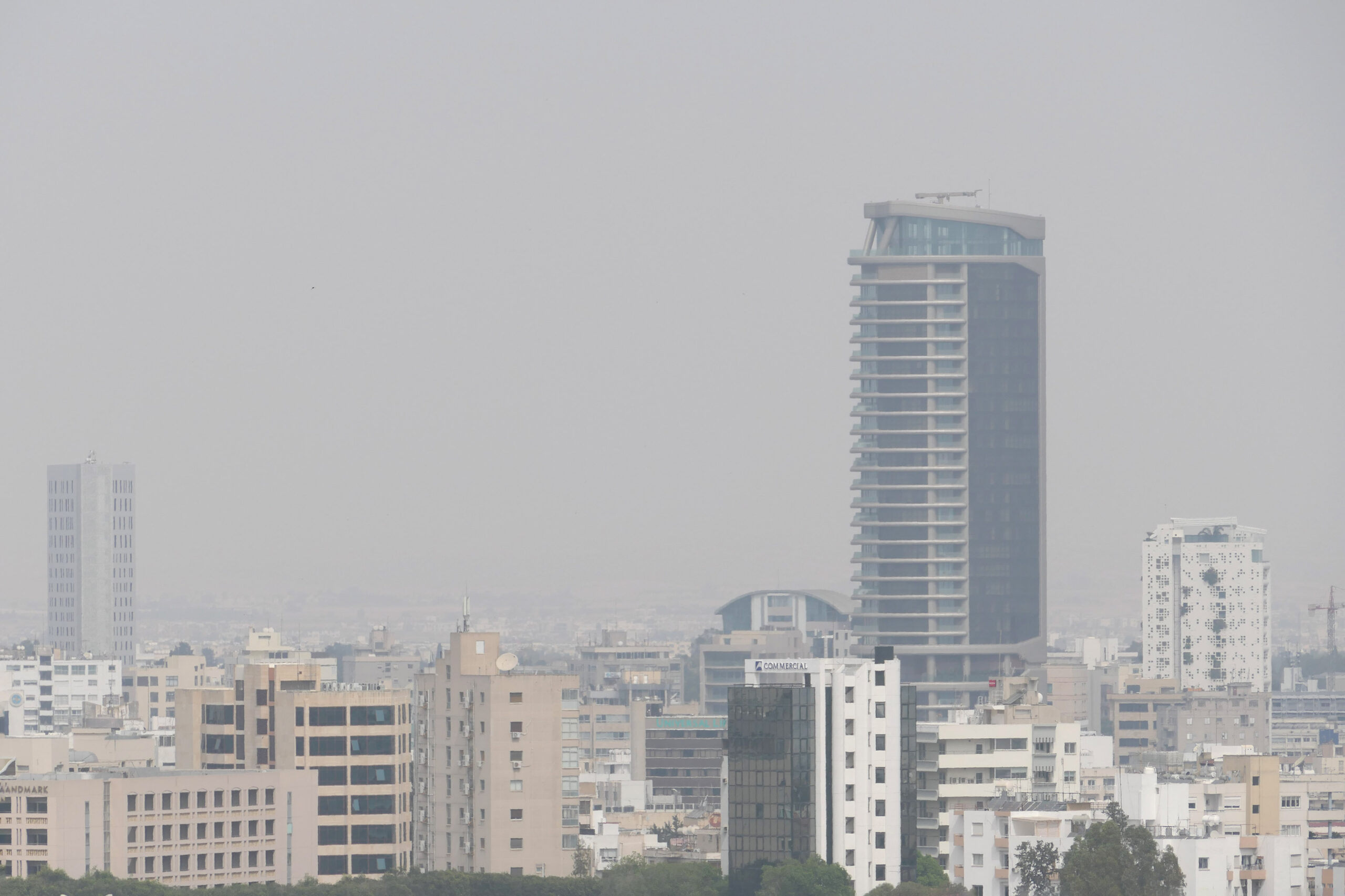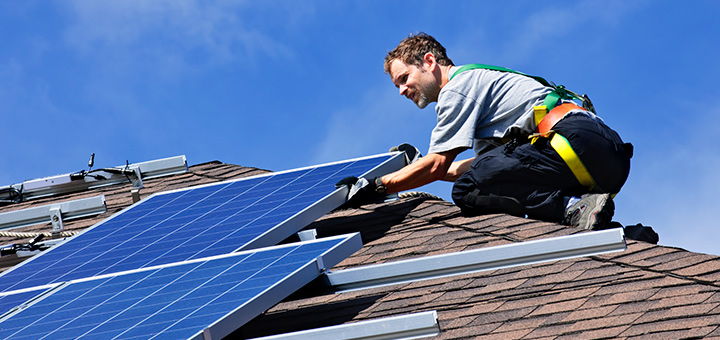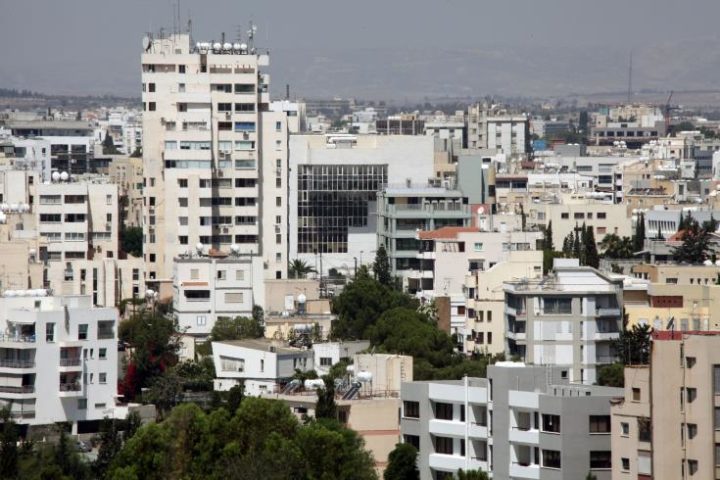Is it best to buy or rent? Unfortunately, this is a recurring issue that most young people with limited funds and other buyers need to address from time to time.
When one buys real estate, the rental payable is saved, and as the local saying goes, “you do not throw the rent money down the drain”.
Lenders under the present circumstances require their own-cash contribution of about 20-30% of the total cost, an amount not readily available even for an ordinary apartment of, say, €200,000 (unless the parents contribute).
Add to this the annual municipal and property taxes; in some cases, these taxes on the ownership and other expenses could amount to 10% of the rental income.
With the variable interest rates on loans, interest charges could amount to the rental level if the own contribution is 25% or less.
When loans were easily available, and capital appreciation on real estate was 5-8% p.a., the acquisition vs rental made some sense in financial terms.
With interest rates (as in the UK) on housing of around 2.5-3%, the loan instalments could amount to a level lower than the payable rent, but again the down payment is a problem.
As circumstances are at present and with the comparatively low resale prices, the ongoing foreclosures and the job insecurity prevailing in the economy, it could be that rental is to be preferred, at least until the market stabilises.
On the other hand, it is an attraction for Cypriots to buy an asset (75% own their homes) which could be sold in the future, placed in a mortgage for future needs and, of course, passed on to the children (the dowry tradition is still around).
It is interesting to note the following statistical data prepared by RICS (Cyprus), which, although not 100% accurate, provides an indication.
Return based on market value vs rental income
| Return p.a. | |
| Apts | 4.30% |
| Houses | 2.20% |
| Retail | 5.50% |
| Offices | 5.10% |
In the “good old days”, with the bank deposit rates at around 5%, renting made more sense (but see the loss on capital appreciation).
Nowadays, with deposit rates at approximately zero, it is more attractive to buy, in addition to the other deduction for tax from savings income received.
In most cases, buying something ready also makes more sense than building.
Prices are now below their construction/replacement cost, whereas asking prices are usually concluded at a discount, the level of which depends on the seller’s financial need.
At the same time, the banks focus on credible borrowers and the best possible prices.
Looking at benefits for buyers, one can contribute towards improvements/ maintenance of the unit, which adds or maintains its value, not having to put up with objectionable landlords and always having the possibility of being subjected to unreasonable rental increases.
On the other hand, looking at the mid-term, there is not much supply for rent that one can pick and choose and move out if circumstances change.
There appears to be an emerging buy-to-rent market in selected holiday villas on or near the beach, of the 3–4-bedroom type, especially in the Protaras/ Famagusta/ Paphos areas.
These are becoming more and more popular for tourists and seasonal visitors.
To assess the yield/ return/ net income of one property, bear in mind the following:
Gross income €x
Less
Common expenses Paid by the tenant (or included in the rent)
Property and Municipal taxes Landlord
Sewage taxes Tenant
Maintenance (minor) Tenant
Repairs Landlord
Insurance Landlord
Occasional upgrading Landlord
So, the net income could be much less than the quoted returns above, especially considering unforeseen expenses (the non-payment of rent by tenants and vacant periods).
And those who decide to buy must bear in mind that their finances should be flexible from the costs involved.
This is important, bearing in mind the stability of one’s employment, to assess the sustainability of one’s income and loan repayment capability.
By Antonis Loizou FRICS – Antonis Loizou & Associates EPE – Real Estate Valuers & Estate Agents










